Co-production rule #9
It’s OK to be human
We are all human, with a flaws and failings, our desires and our unique personalities. The community you’ve been working with is a diverse, unique and extraordinary group of people. You’ve met them a few times now, and you’ve probably spent hours chatting to them about the world and life and where they went on holiday. You’ve laughed and drunk tea, had lunch, eaten cake and spent time in their homes.
They’ve showed you photographs and shared memories, personal experiences and life histories. They’ve taken you into their confidence as an outsider. They’ve told you things they’d never say to their neighbours… in fact they’ve probably told you about their neighbours too, and those conversations should remain private, permanently.
As much as you’ve tried to remain impartial and remain the outsider, your humanity has drawn you into their world.
You have made friends. You are now part of their community…
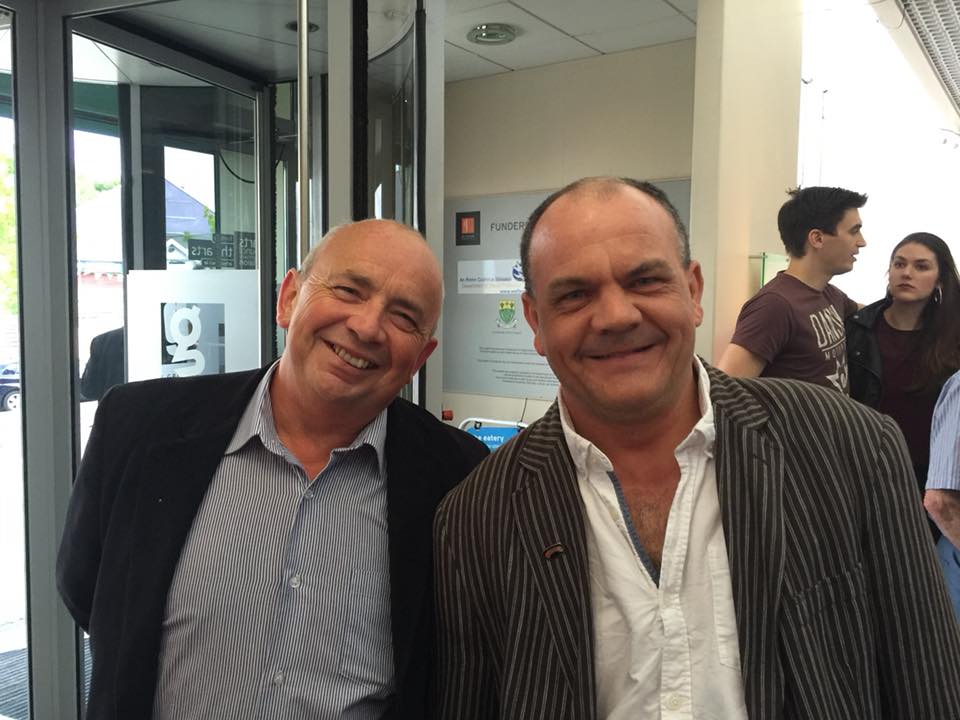
A place that was once unknown and strange is now a second home. You know you can knock on a door and there will be a warm welcome. People stop and talk to you in the street, or wave as you drive past on your way to the next appointment. You know the community better than they know themselves, and they look to you to present their stories to the best of your ability.
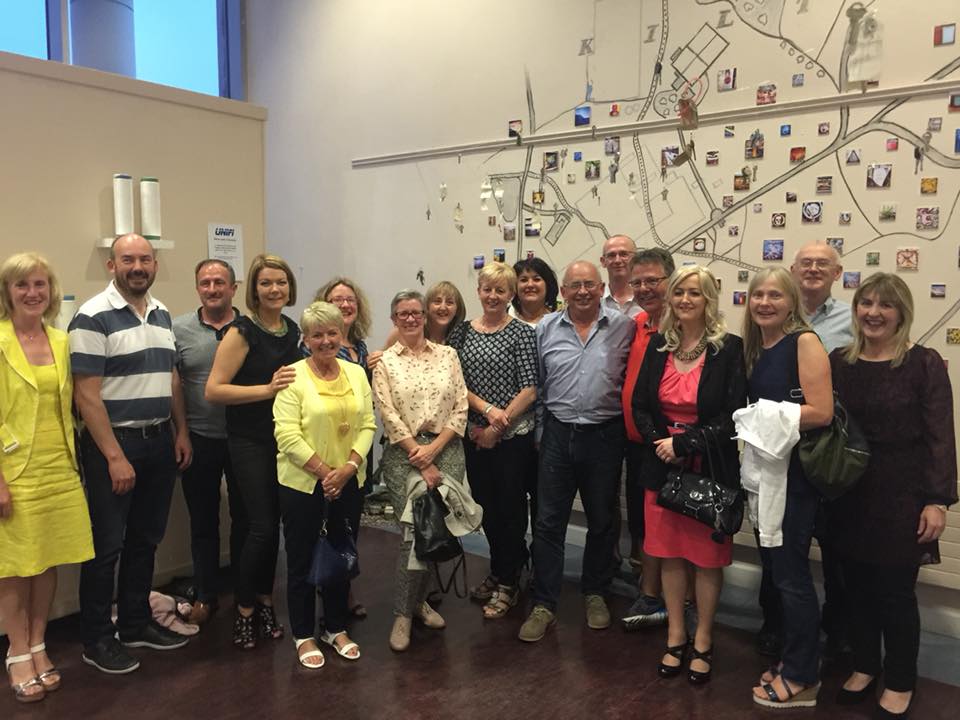
And it feels weird, I can tell you that. I can also point to the exact minute it has happened to me on any number of projects.
On Inch, it was the second meeting with Boyd Bryce. I’ve mentioned him a lot, and there’s a video on YouTube about him if you’re interested. Boyd has a thousand stories to tell, but he’s not the sort of man to share them with anyone. He was a little circumspect the first time I met him…
“It’ll have to be in the evening, for it’s near lambing time and I’ll be busy during the day.”
We talked around the edges on the first evening. He was definitely sounding me out, seeing if I was who I said I was and if the project was for him. The second evening, he opened up, and for an oral historian, Boyd is a one-man archive.
I’d like to think he is a friend, but even if not, there is certainly a great deal of mutual respect between us. I know if I’m ever on Inch, I could call into the farmyard at Strahack and pass the time of day with him… as long as it’s not lambing season.
And as Boyd is the custodian of much of Inch’s land, and regarded as one of the island’s elders, his acceptance of me was my passport to everywhere else on Inch. I was part of Inch’s community and history.
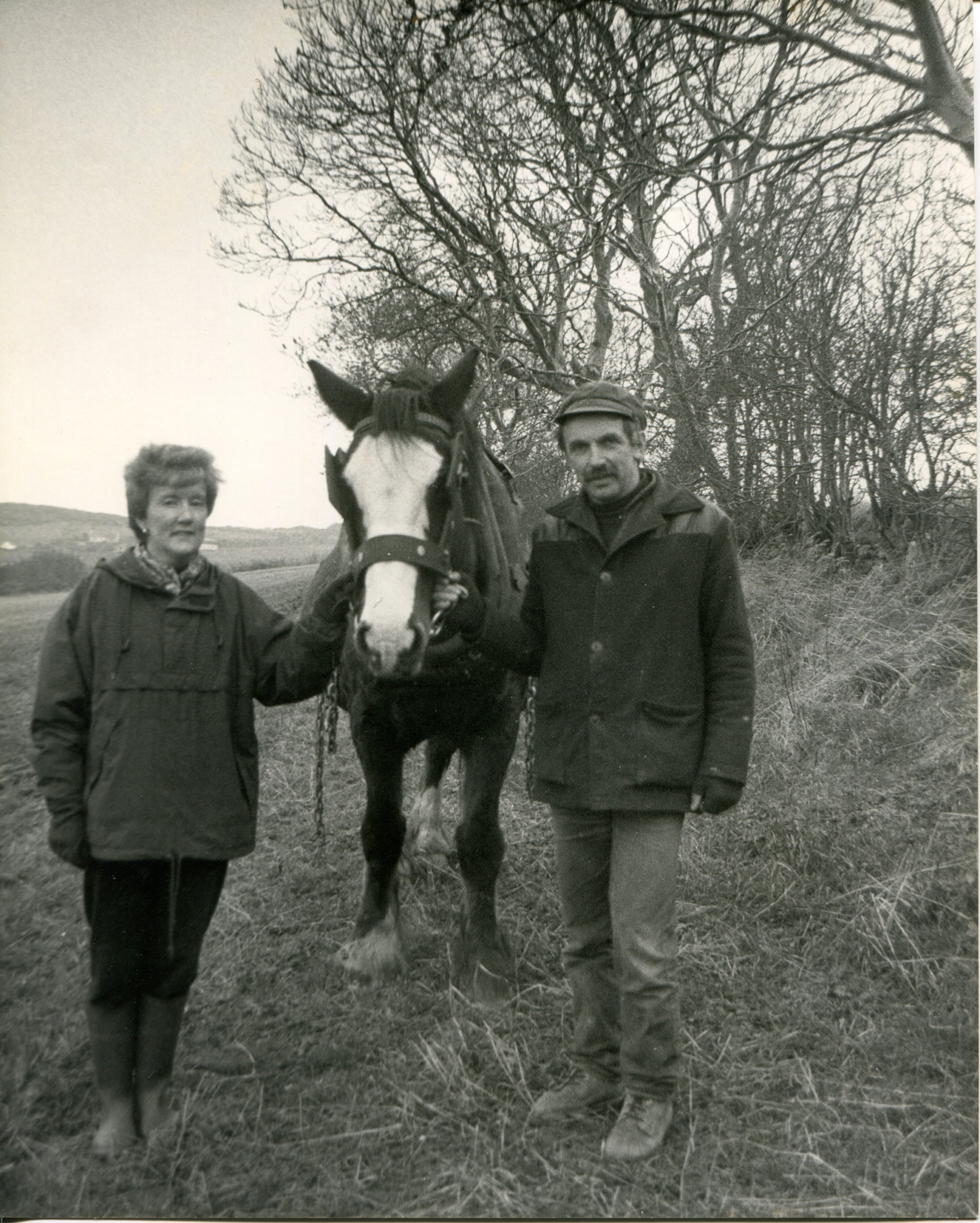
That’s how it works. And which is more, not only are you ‘one of us’ now, you will find you’ve also become an advocate for ‘us’.
You will feel protective of the community’s wishes and hopes. You will feel you want the best for them, and you’ll want to defend their aspirations. Once again, this may bring you into conflict with your organisation’s management or outside interests.
All I can say is it’s OK to be that advocate, and leave behind the impartial facilitation, and the SE-PS aims and objectives behind. It is the community’s project, and perversely, yours now too.
Your documentation, the stories you’ve heard and the artefacts you have uncovered will serve as witness to your professionalism, your passion and your humanity, and how much you care about the place and its people. And honestly, if you don’t care by this stage, you probably shouldn’t go any further.
On trust
Trust is something you build. It is constructed slowly, made of thin air and easily broken. There are simple things you can do to ensure the trust the community lends you is not misplaced.
Turn up on time
For the most part, us Donegal residents have a reasonably relaxed attitude to time, but if I’m working and say I’m going to be there at 7pm, I make sure I’m there at 6.55pm.
Communicate
Make sure people know you’re coming and at what time, and if you can’t make it, call, text or WhatsApp them to let them know. On Inch, I used a lot of texts, WhatsApp messages and Facebook messenger. Although there is mobile coverage, in certain places on the island, the geography meant that the signal was poor.
Give it back
If someone lends you something – books, photos, documents – make sure they get them back.
Keep the community informed
If you have to spend a couple pf weeks doing something else, working on outputs or just on holiday, make sure people know
All of these simple things will help and the trust you build will reap its rewards…
Perspectives XII
I was chatting to Paddy McGrory on Inch, and Margaret, his daughter-in-law and one of the gatekeepers, handed me a rusted, cast-iron artefact...
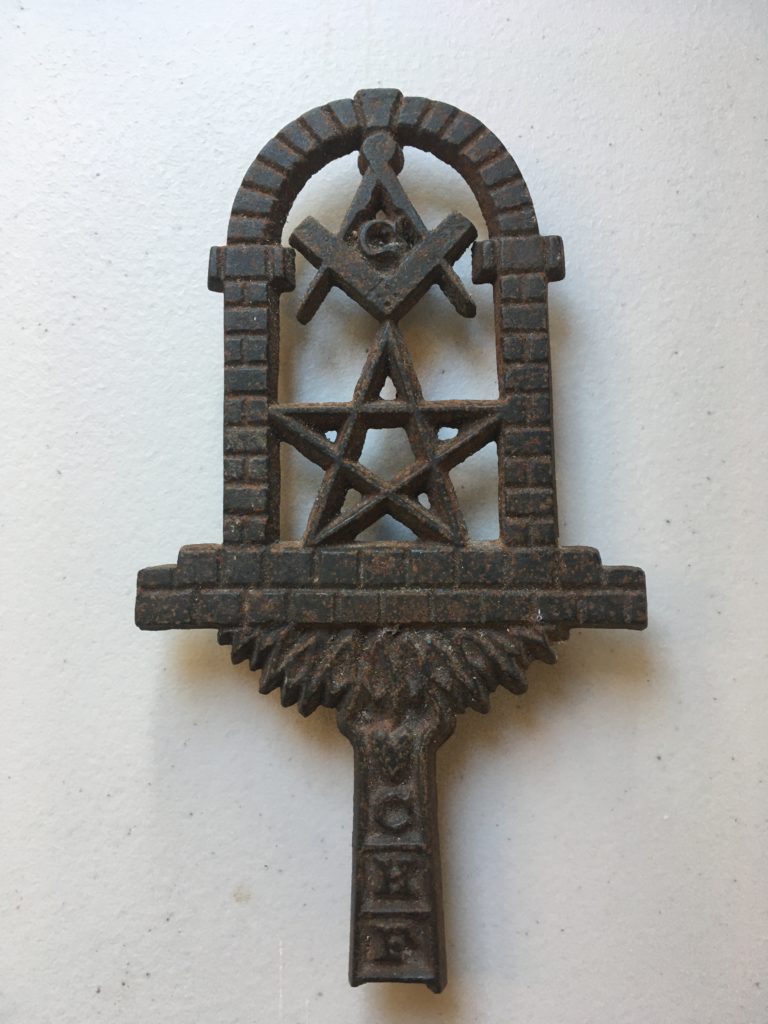
“Boyd said you’d know where this belongs.”
I knew exactly where it belonged…
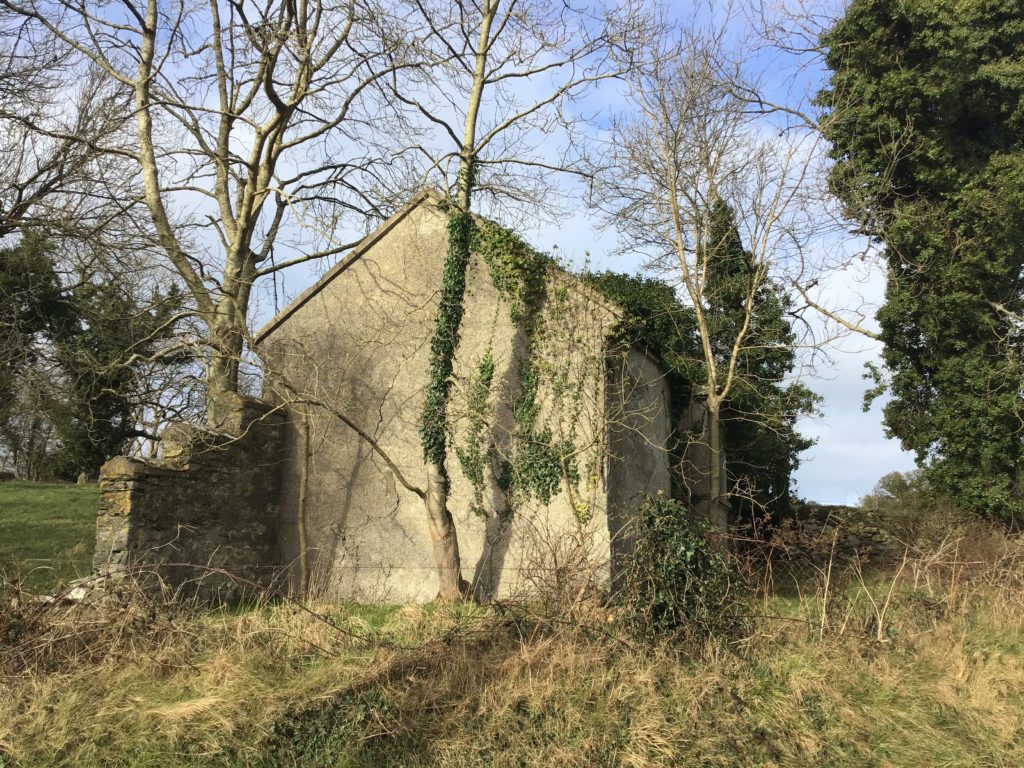
The Island of Inch Masonic Lodge No. 589 was constituted in 1781. The building is in ruins now, having been abandoned in 1954. The Lodge still meets in Derry and three of the members attended the open meeting. They were keen to have the Lodge’s history included on the Inch heritage website. I met them at the Freemason’s Hall in Derry and I had a fascinating morning talking to them. At one point they produced a faded document from 1916, with Boyd Bryce’s grandfather’s signature, another Boyd…
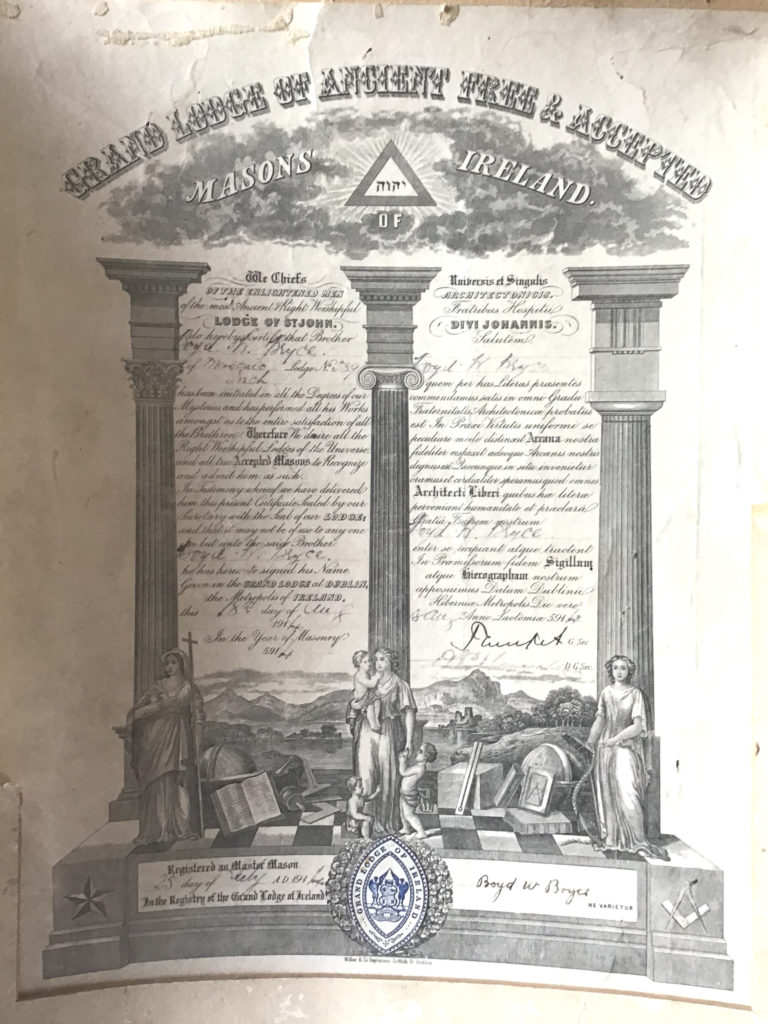
I showed a photo of this document to Boyd and he was delighted, calling to his wife…
“Bridie, come here, look. That’s my signature. That’s my signature. How is that possible? That’s amazing.”
And by way of quid pro quo, the cast-iron, Masonic door furniture, which once adorned Inch Masonic Lodge is now in the possession of the Lodge again, courtesy of Boyd. And all because of the mutual trust between us.


